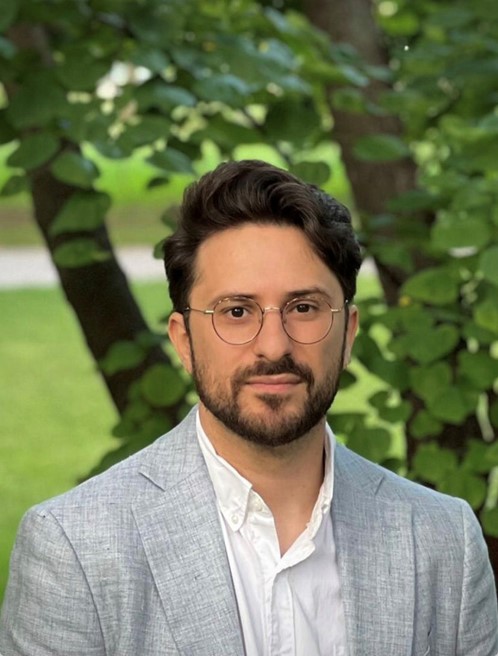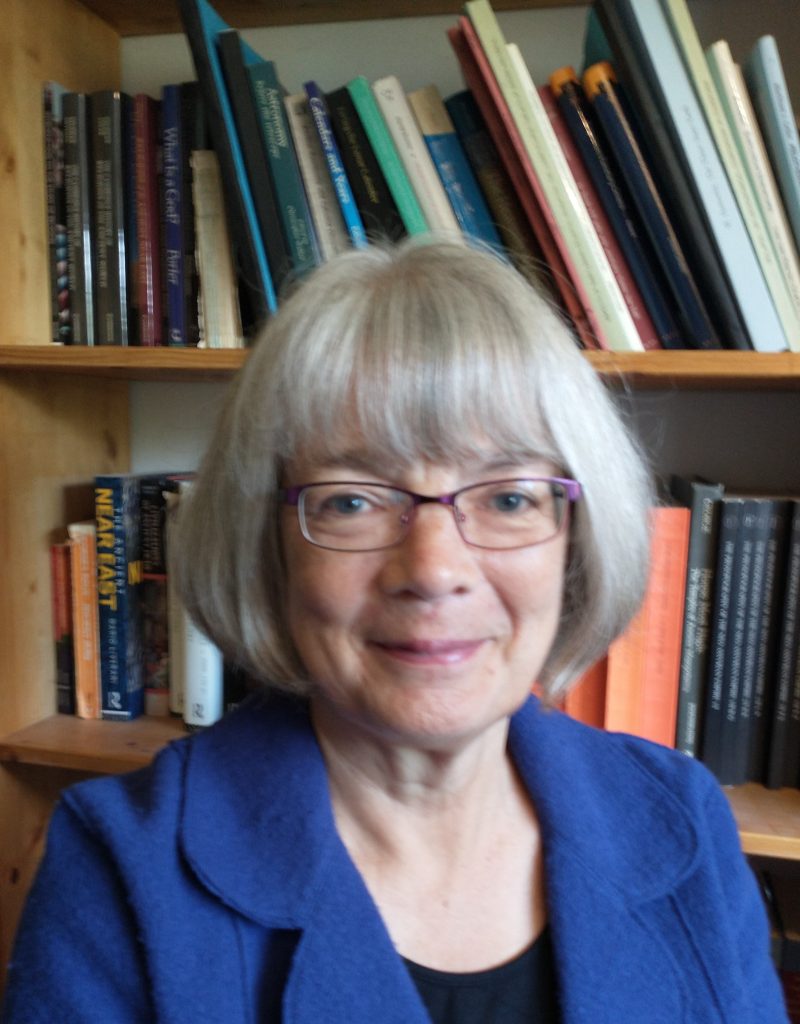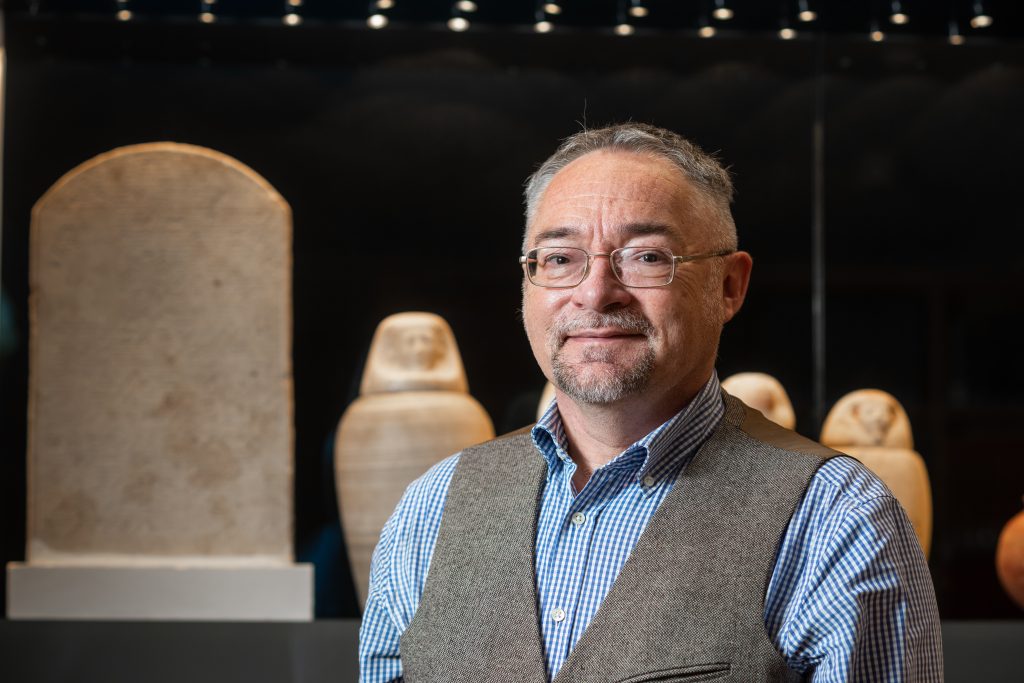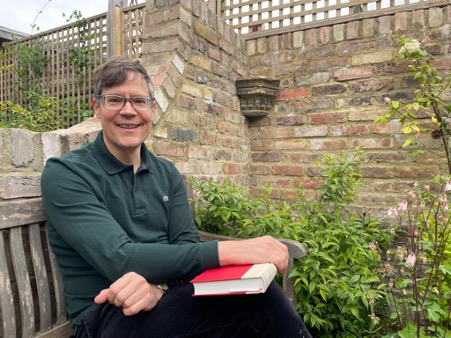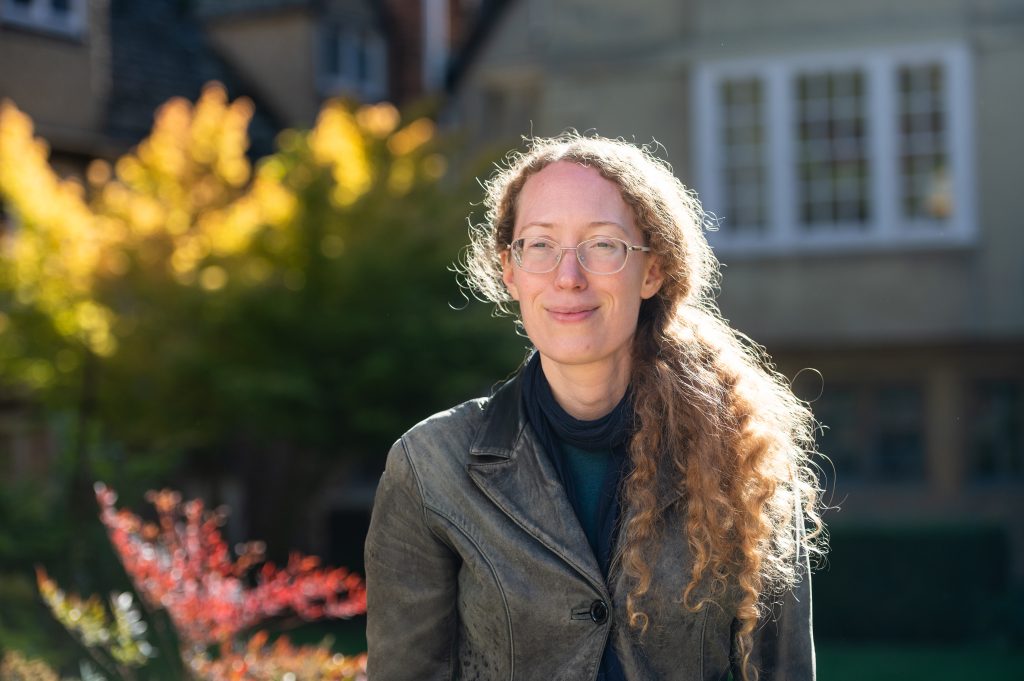Introduction
I completed both my undergraduate and master’s degrees at St. John’s College, Oxford, reading European and Middle Eastern Languages (Spanish & Persian) and Oriental Studies respectively. After a short break from academia, I pursued my doctoral studies in Persian literature in the Department of Middle Eastern Studies at the University of Chicago, where I have lived happily as an aspiring Midwesterner for much of the last eight years. I have also lived, worked, and studied in Spain, Iran, Oman, and India at various points over the last decade or so.
Teaching
I have taught classes on Persian literature, Persian language, women’s writing in Islamic literary history, Islamic thought & literature, and Islamic Spain, and supervised BA theses in Middle Eastern Studies. I look forward to exploring teaching and mentoring opportunities at Queen’s for undergraduates working on Islamicate, medieval, and early modern literary traditions.
Research
My research interests are primarily in Persian literature–both premodern and modern–and other Islamicate literatures with which Persian interacted. My first monograph will focus on conceptions of wonder in Islamic thought and its importance to the creative psychology of Persian poets in Iran and India during the medieval and early modern periods.
More broadly, I am interested in the relationship between literature, history, philosophy, and theology, and as such also contribute to the field of Islamicate cultural history. Methodologically, I strive to bring insights from the history of emotions to the study of Islamicate cultural history, and to examine voices, genres, and experiments at the periphery of the Persian canon.
Publications
“Inimitable Complexity: Amir Khosrow and the Persian Poetics of Wonder,” Journal of Persianate Studies, (forthcoming).
“Persianizing Bengal: Munīr Lāhorī and the Poetics of Natural Wonders in Manifestation of the Rose (Maẓhar-i gul),” Delos: A Journal of Translation and World Literature, Special Issue on Indo-Persian literature edited by Jane Mikkelson, (forthcoming).
“Borges and Persian Literature” in Borges in Context edited by R. Fiddian, 219-227. Literature in Context, Cambridge Univ. Press, 2020.
“Forugh Farrokhzad and the Persian Literary Canon,” Iran Namag 1, no. 4 (2016): 14–51.
